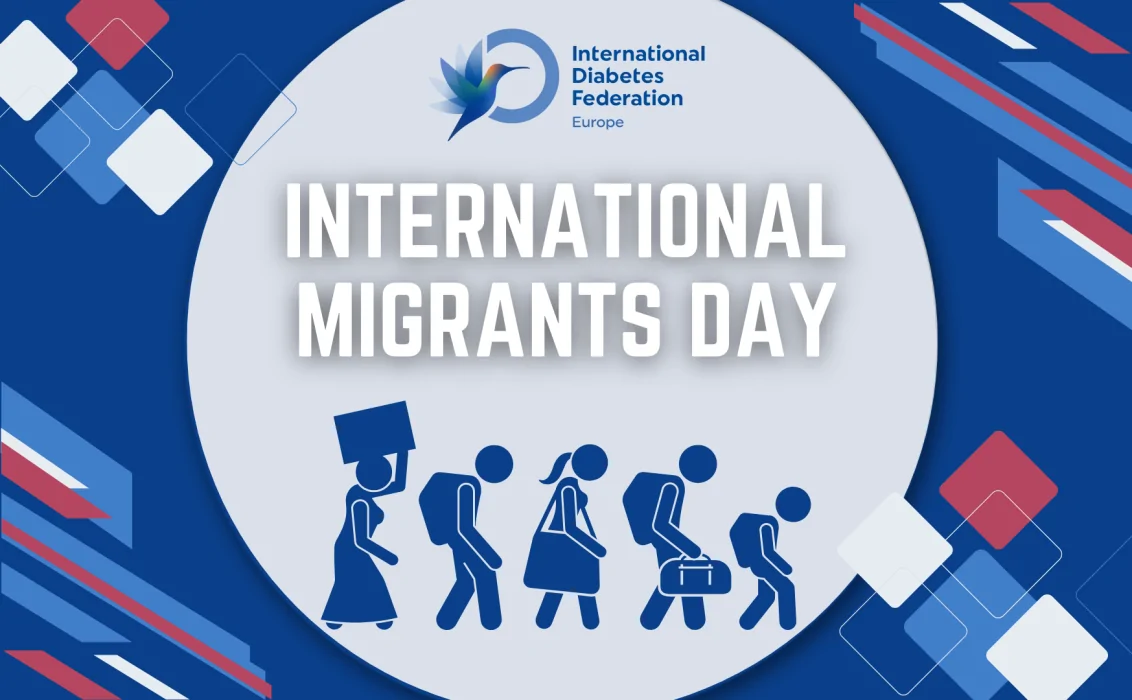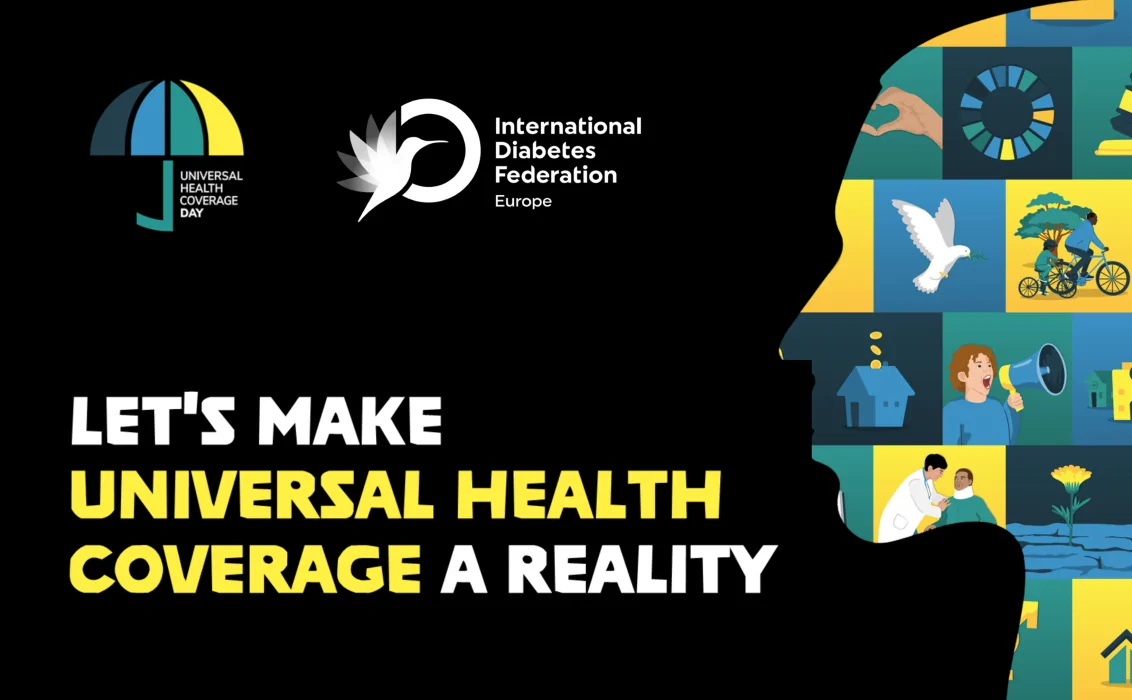Unsafe foods contribute to poor health conditions, including noncommunicable diseases (NCDs) such as diabetes.
Eating healthily is a major component of optimal diabetes management and contributes to lowering the risk of developing Type 2 diabetes (T2D) and other NCDs such as cardio-vascular diseases, renal diseases and cancer.
Our food values, preferences and dietary practices are shaped by our food environment. Law and policy play a critical role in creating healthy environments.
Access to healthy foods for all, including in lower socio-economic groups who are amongst the most vulnerable to dietary risk factors, and policies encouraging manufacturers to produce healthier offerings, will help reduce the risk or delay the onset of T2D and diabetes-related complications for many people.
We call on EU and national governments to develop measures fostering health-enabling environments and addressing the social and economic determinants of health. This is a prerequisite to empower citizens to make healthy choices, identify and access, economically and physically, healthy food and make informed decision on nutritional characteristics of food products.
Systemic changes for better health will bring safer food, which is key to addressing the immense burden of diabetes and NCDs in general and represents a critical enabler of long-term human development and, as such, a prerequisite for the achievement of the Sustainable Development Goals.


